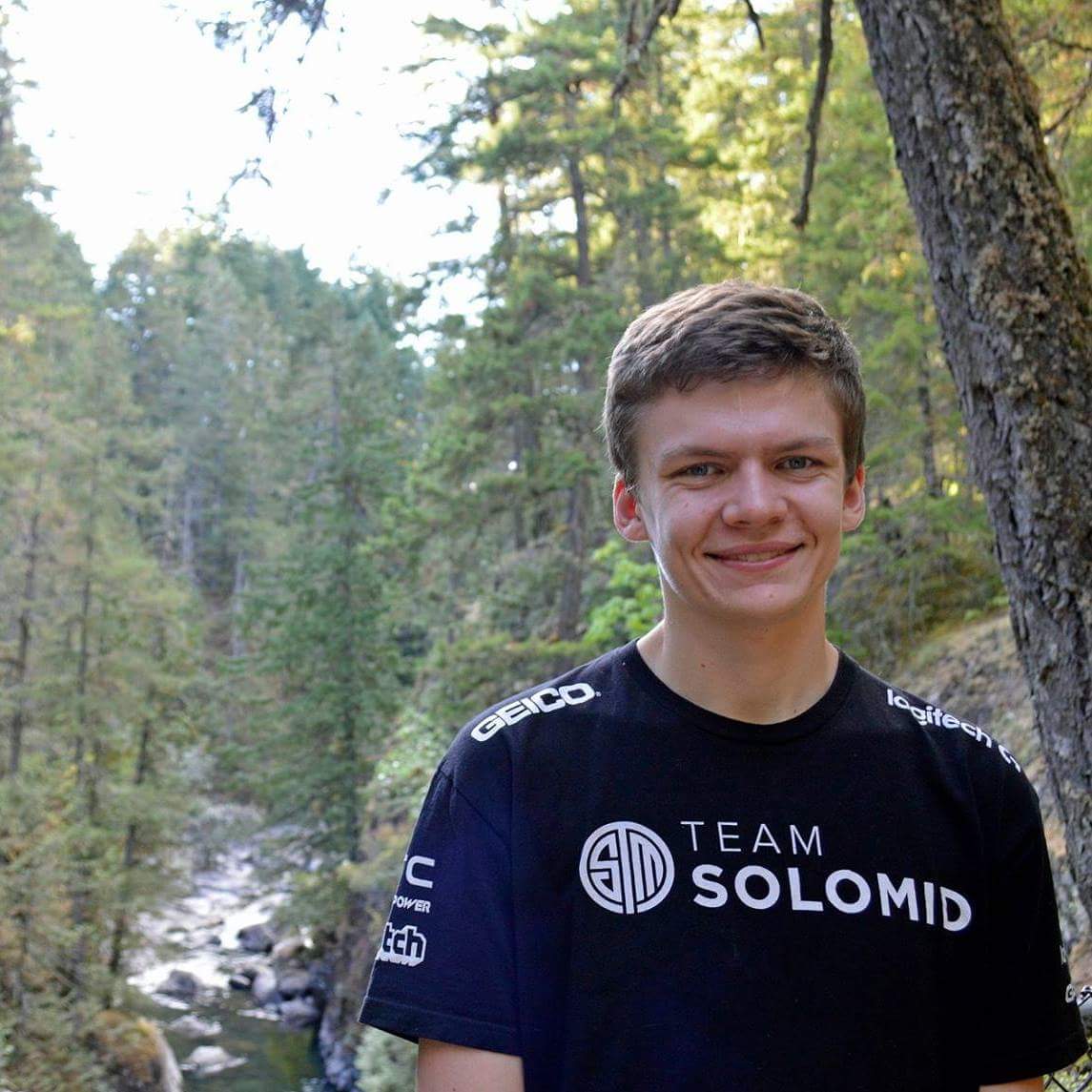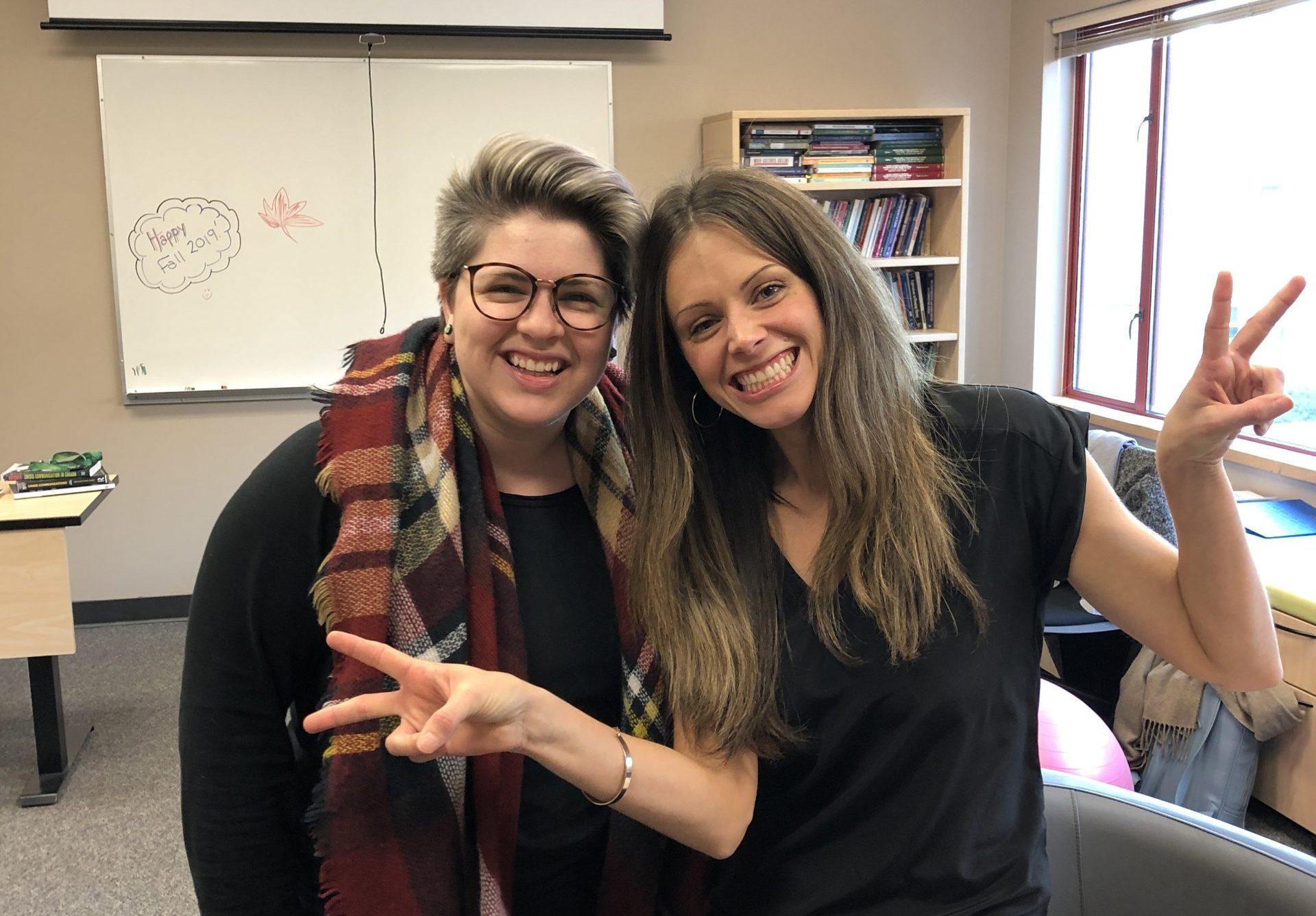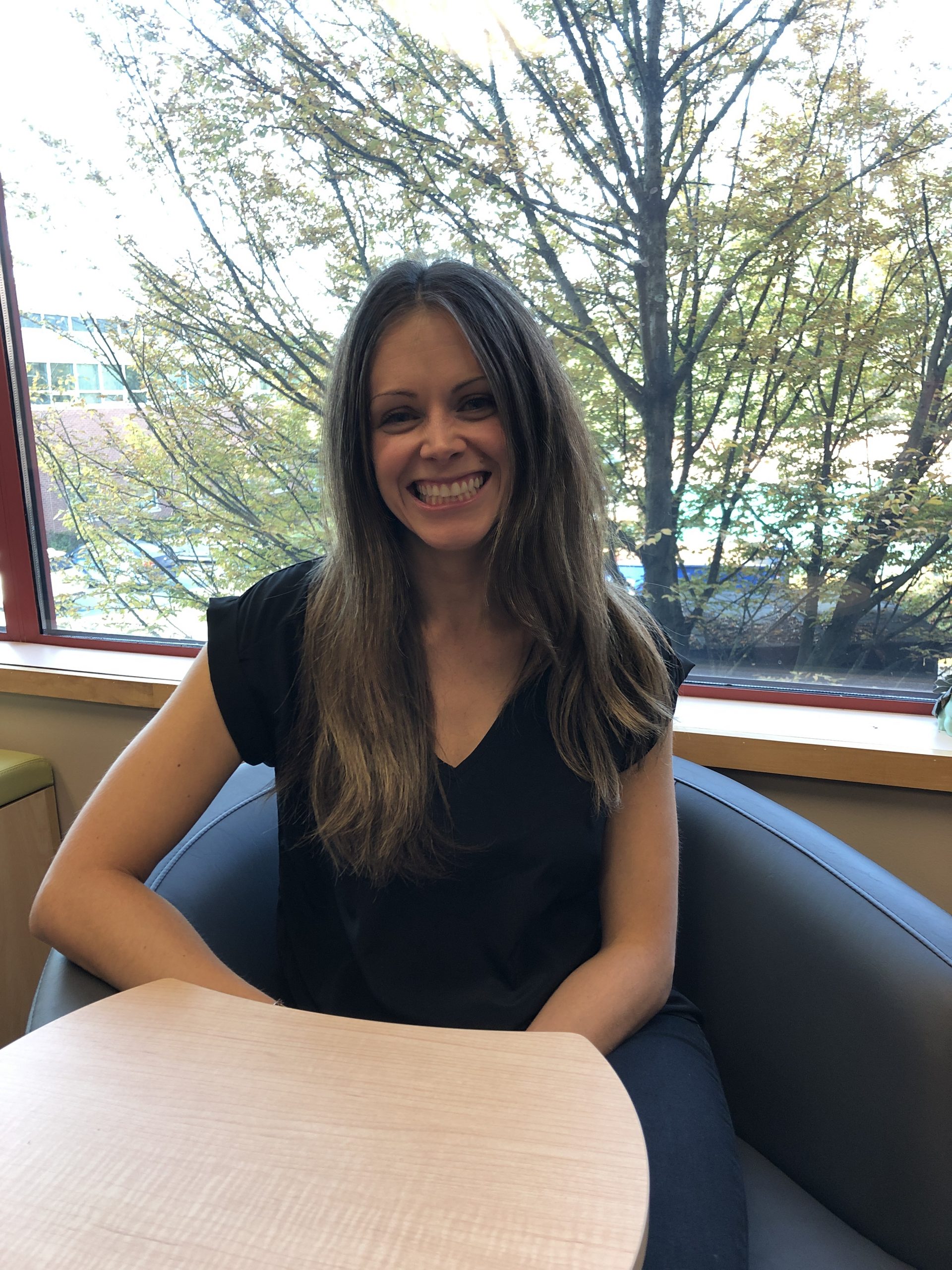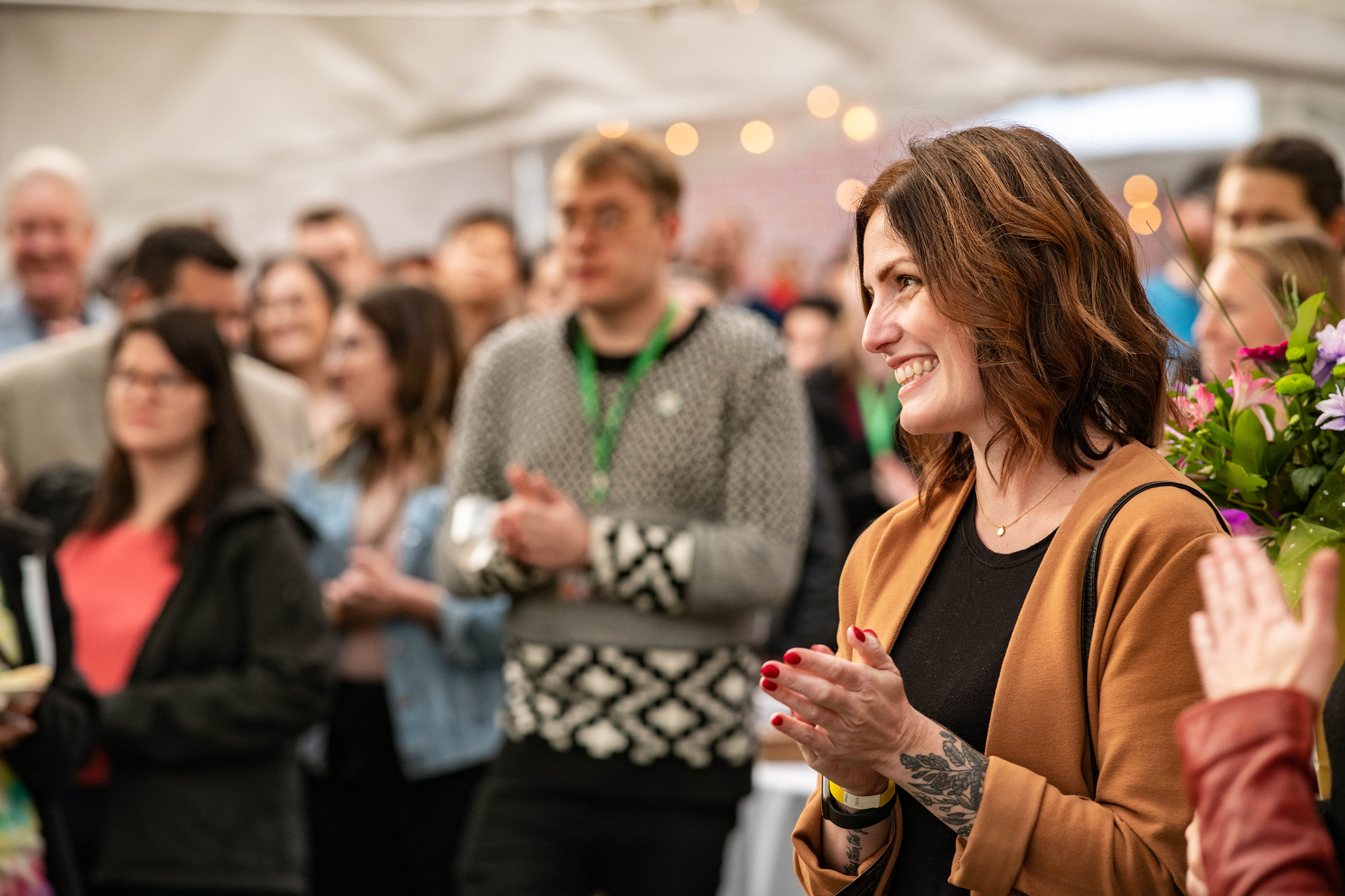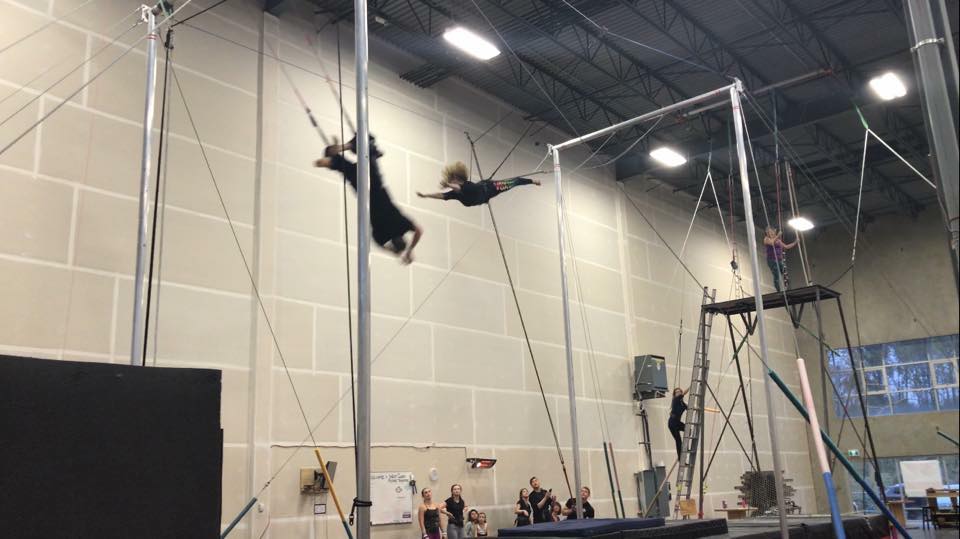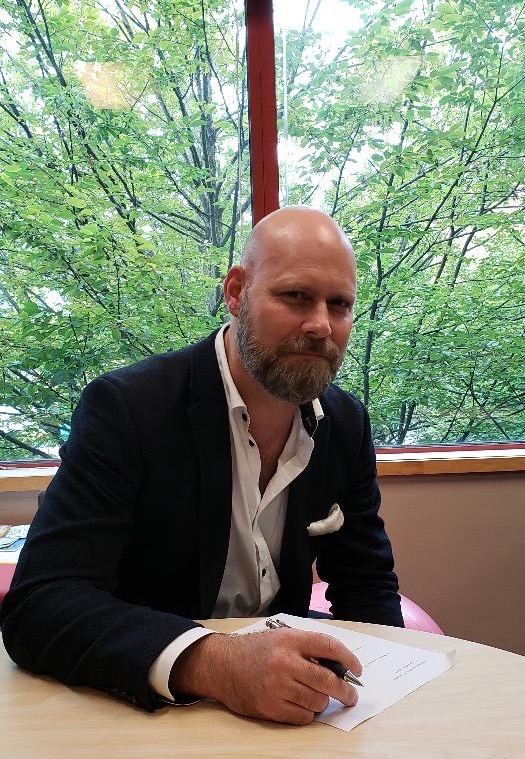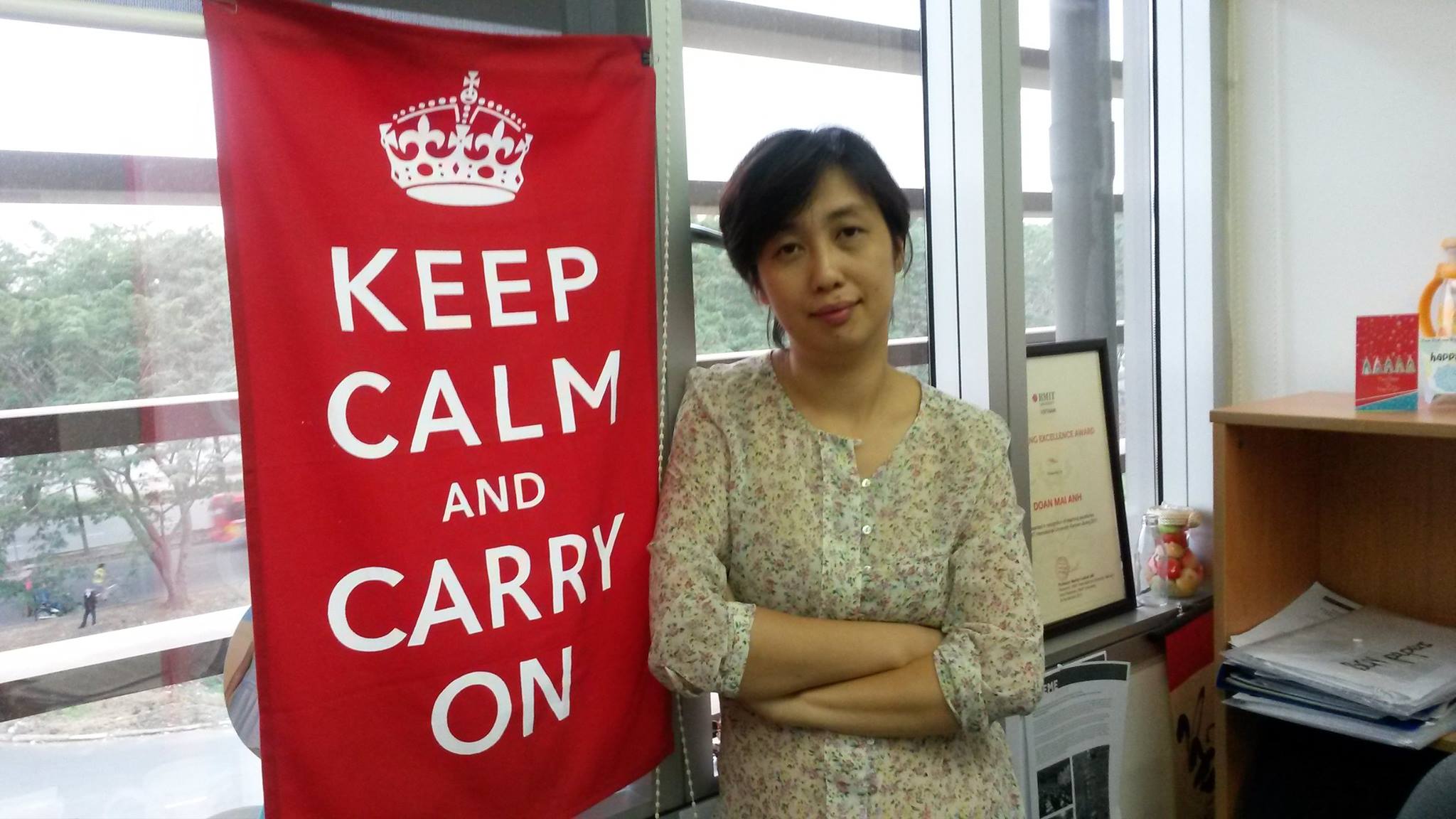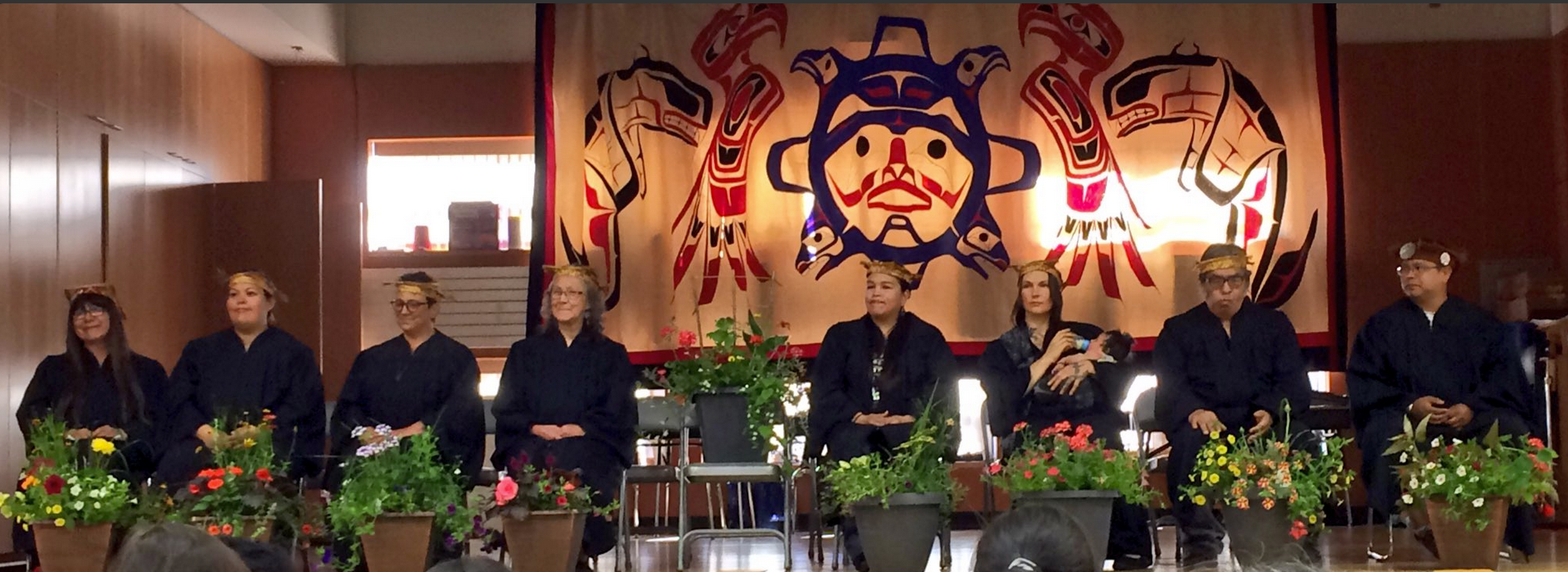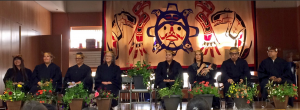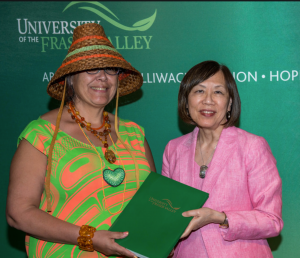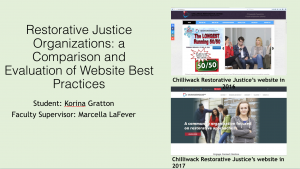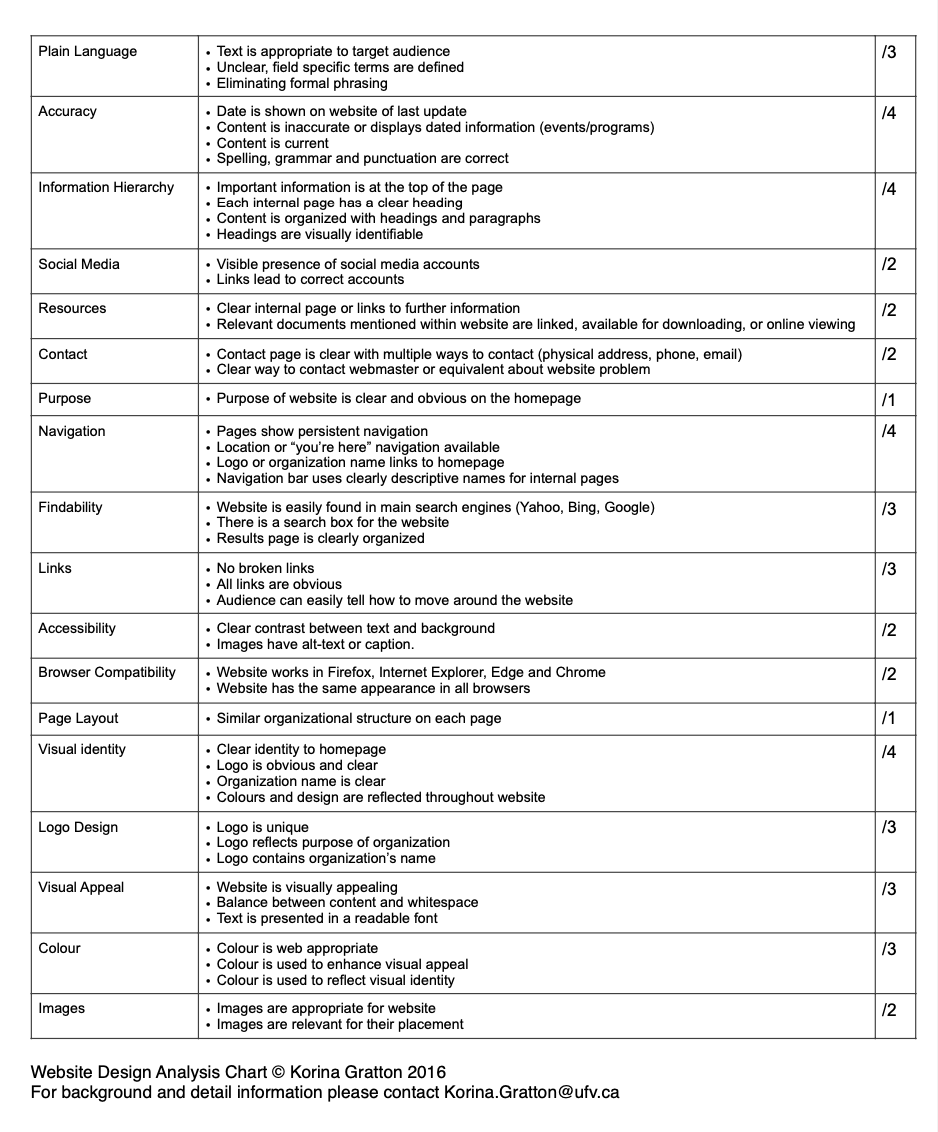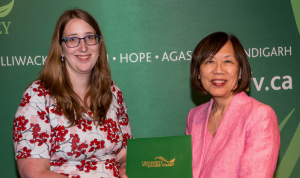Congratulations to University of the Fraser Valley student Garrett Johnson, a 2020 Bachelor of Arts graduate for having his name drawn from a pool of over 1100 alumni and current students who responded to the recent Communications Department survey. The survey gathered information to contribute to developing a Communications Major within the Bachelor of Arts.
We extend a huge THANK YOU to everyone who responded to the survey!!!
Garrett says he put his knowledge from his Communications 125 course to work immediately in applying to Simon Fraser University and has been accepted to a Masters program – something we are always happy to hear.
We also liked hearing his answers to our questions below because we know that our students at UFV have an amazing array of plans for the future and reasons why they decide that university is great path to meet their goals. Here are some of the things he had to say:
What are some favourite memories about any of the courses you took?
I took that specific course while studying remotely from Toronto. I found myself really enjoying the course material as I took three online courses. Being able to communicate to both professors and fellow students in a concise and professional manner is key when using technology to communicate. Being able to directly implement the ideas and concepts directly into my other courses was very gratifying!
In what ways have you been able to use any of the communications skills?
I have used the communication skills learned from the course in almost every aspect of my life. I have applied the skills in my various volunteer positions that I hold where I am required to regularly communicate in a professional manner. I have also made use of the skills in applying for Grad school, and to which I owe some credit in regards to my acceptance.
What are your future plans?
Besides preparing for Grad school, I am a freelance translator, translating between English and French. I am very interested in researching, analyzing, and promoting Franco-Columbian literature and authors. I would like to continue my work translating, as well as pursue my scholarly interests into what I hope will one day transition into a career opportunity.
What else would you like to say about yourself?
I am thankful for the variety of courses that UFV offers, despite possibly not having a complete program in [Communications]. I would love to go back and follow more CMNS courses now that I know the benefit from them.
Congratulations again Garrett and best wishes for all your future successes.

